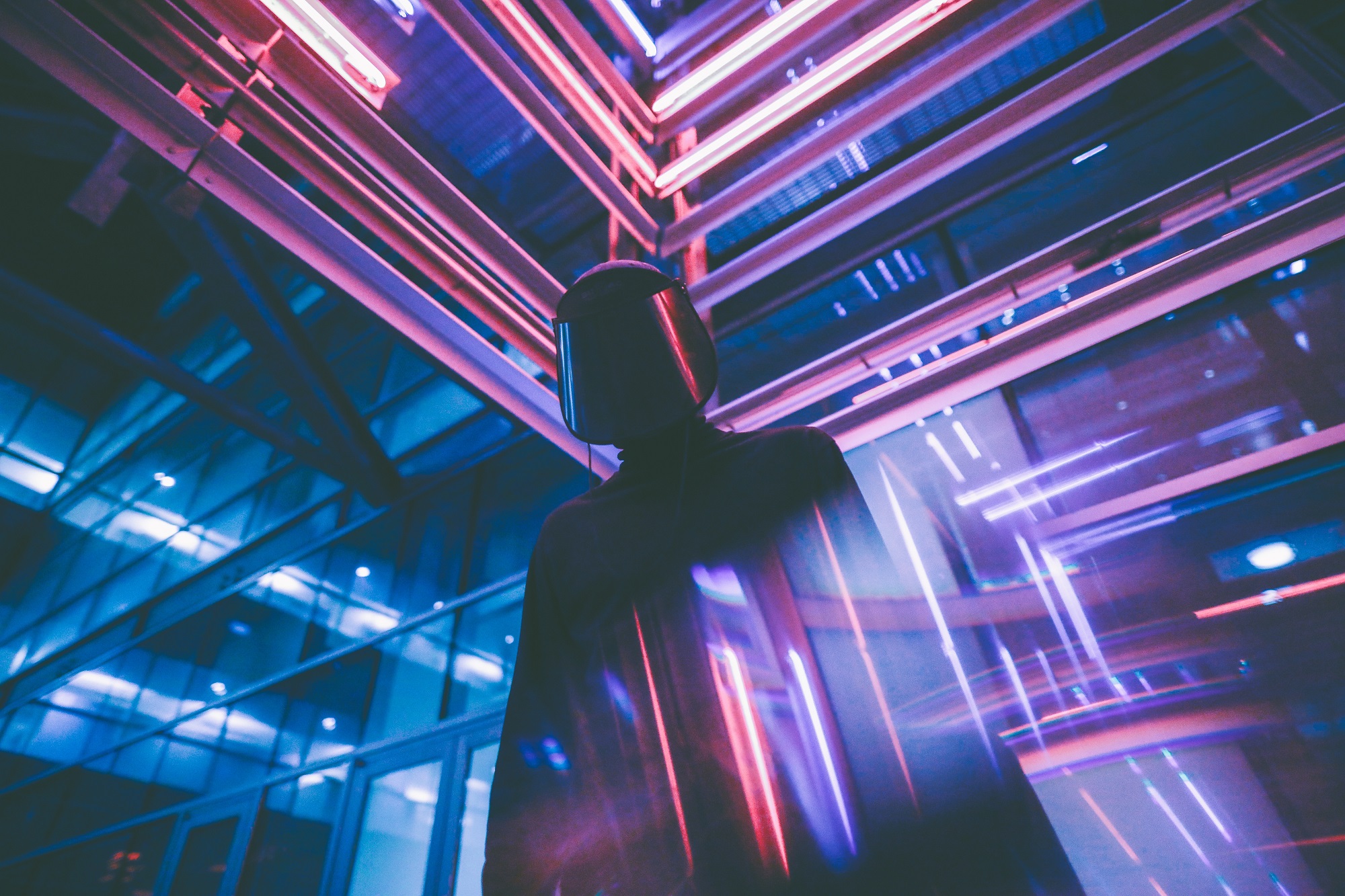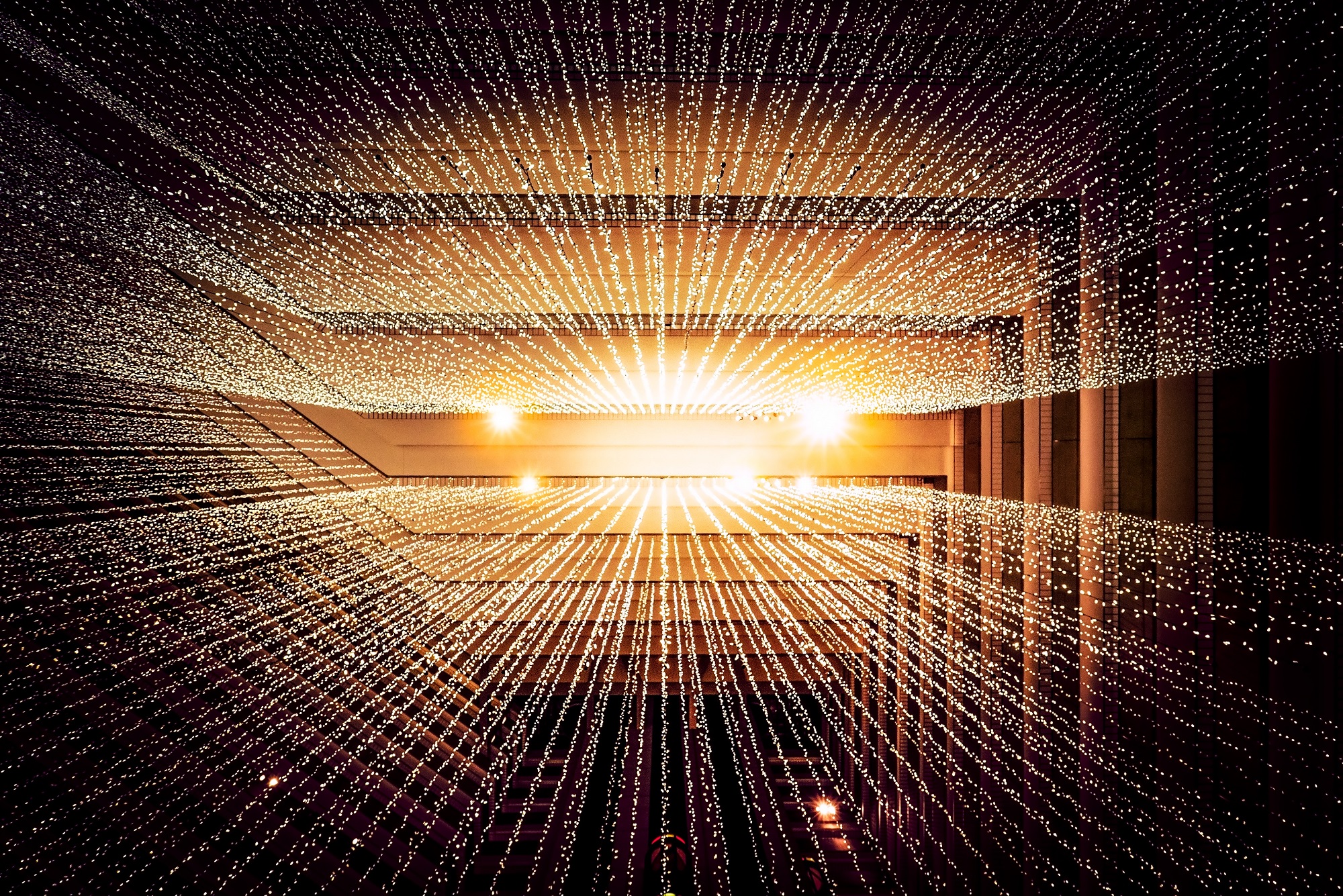3 min read
How to Secure Your Smartphone
Smartphones can be a significant cybersecurity risk, in part because many owners take a lackadaisical view when it comes to properly securing them...
We've crafted solutions tailored to your firm
The world of insurance for law firms can be confusing, and difficult to navigate. We've created this glossary because these common insurance terms should be easy to understand.
4 min read
 Mark Bassingthwaighte, Risk Manager
:
Updated on February 5, 2025 | Posted on July 5, 2018
Mark Bassingthwaighte, Risk Manager
:
Updated on February 5, 2025 | Posted on July 5, 2018
In today’s world, people frequently work outside of their offices. They may be working while visiting a coffee shop, sitting at an airport, staying at a hotel, or enjoying a city park. Public Wi-Fi networks are seemingly everywhere, but there’s a problem. While accessing public Wi-Fi can be convenient when all you want to do is buy something on Amazon, check your e-mail, or rebook a flight, there are associated risks that should never be minimized, or heaven forbid, dismissed out-of-hand. Unfortunately for lawyers, the risks are even more concerning given the sensitive nature of the information they handle.
Public Wi-Fi networks are inherently insecure. Unlike private, encrypted networks, public Wi-Fi often lacks robust security protocols, making it a prime target for cybercriminals. To give you an idea of the seriousness of the risk. Here are a few specific threats everyone faces when connecting to unsecured networks:
Starting to get the picture? I hope so. Again, public Wi-Fi networks are inherently insecure. That’s just the way it is. Does this mean lawyers and those who work for them should never access public Wi-Fi? In a perfect world, I might try to argue that one; but I can also acknowledge this wouldn’t be realistic. There are going to be times when it’s necessary; and truth be told, I occasionally use public Wi-Fi myself, but only for certain tasks. The better question is if you have a need to use public Wi-Fi, how can you responsibly address the associated risks? Start with the following:
I wish I could stop here but I can’t, because almost every law firm I know of is comprised of more than one person. Anyone at a firm can naively or unwittingly fall prey to a cybercriminal when logging onto a public Wi-Fi network and this could result in very serious and unintended consequences not only for your firm, but firm clients as well. Best practices now mandate that everyone who uses a mobile device for work be subject to a written policy regarding the appropriate use of public Wi-Fi. If your firm has no such policy, now’s the time. Of course, any policy is going to be meaningless if there is no training on the risks and/or no enforcement of the provisions so keep that in mind.
Now to my initial question. Should lawyers just say no to the use of public Wi-Fi or try to prohibit anyone in their employ from using it? I don’t necessarily go that far as long as all users have been made aware of the risks and given the appropriate tools that will help them minimize the risks.
That said, let me share one final thought because I do get push back on this topic and can anticipate you will too. Some will disagree and say something along these lines, “the Starbucks signal is free, I’ve used it many times before and never had a problem so why all the unnecessary fuss?” My response is always the same. How do you know you were never a victim? No one is going to send you a thank you card for allowing them to steal your credit card number or place a keylogger on your laptop. We all need to understand that hacking tools are widely available to the masses. Always remember that you are never alone while using public Wi-Fi and you simply have no way of knowing what everyone else’s intentions are.
Since 1998, Mark Bassingthwaighte, Esq. has been a Risk Manager with ALPS, an attorney’s professional liability insurance carrier. In his tenure with the company, Mr. Bassingthwaighte has conducted over 1200 law firm risk management assessment visits, presented over 600 continuing legal education seminars throughout the United States, and written extensively on risk management, ethics, and technology. Mr. Bassingthwaighte is a member of the State Bar of Montana as well as the American Bar Association where he currently sits on the ABA Center for Professional Responsibility’s Conference Planning Committee. He received his J.D. from Drake University Law School.

3 min read
Smartphones can be a significant cybersecurity risk, in part because many owners take a lackadaisical view when it comes to properly securing them...

4 min read
Few law firms seem to fully appreciate the level of risk that attorneys and staff truly represent. Of course, the ultimate goal is to avoid having...

6 min read
Updated June 2023 An attorney’s decision to use a computer tablet, a cloud-based service such as Dropbox, a smart phone, a Wi-Fi network, or even...